Industry information
Company News
- Customized aluminum veneer, creating personalized space and new fashion
- Punched aluminum veneer: a fashionable choice in modern architecture
- Aluminum veneer customization, creating a new trend of personalized space
- Aluminum veneer customization, creating a new trend of personalized space
- Aluminum veneer punching, creating a fashionable new space!
Industry dynamics
- Aluminum veneer cleaning tips can be easily obtained!
- Unveiling the Aesthetics of Modern Architecture - The Charm of Curtain Wall Aluminum Veneers
- Punched aluminum veneer, the secret weapon for creating a modern minimalist style!
- The charm of aluminum veneer: not only face saving, but also a powerhouse
- What are the packaging methods for curtain wall aluminum veneer?
Frequently asked questions
- How does aluminum veneer affect indoor temperature?
- Is there a wide range of color options for aluminum veneer?
- Can aluminum veneer be used for building canopy design?
- What is the thermal expansion coefficient of aluminum veneer?
- What is the thermal insulation performance of aluminum veneer?
contact us
Mobile:+86 15627778610
Email: 2201229786
Address: No. 5 Binjiang Road, High tech Zone, Zhaoqing City, Guangdong Province
Aluminum veneer: providing excellent thermal insulation performance for buildings
- Author: Xinlongtai Aluminum Industry (Guangdong) Co., Ltd
- Release time: February 28, 2025 21:23:27
- Click:0
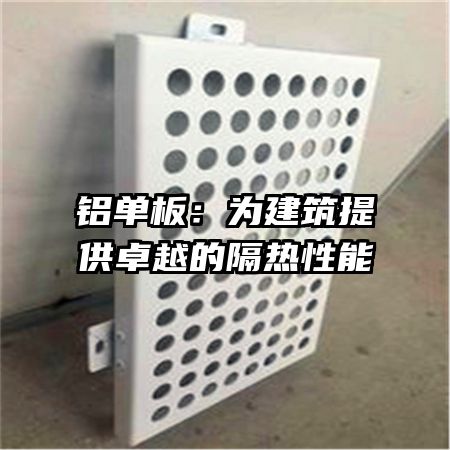
Aluminum veneerProvide excellent thermal insulation performance for buildings
Aluminum veneer is a new type of building material with characteristics such as lightweight, high strength, anti-corrosion, and thermal insulation. It is widely used in fields such as building curtain walls, roofs, ceilings, etc. This article will elaborate on the excellent thermal insulation performance of aluminum veneer for buildings from four aspects.
1、 Selection of insulation materials
Thermal insulation material is one of the key factors affecting the thermal insulation performance of buildings. Aluminum veneer, as an excellent thermal insulation material, has the following advantages:
Firstly, the thermal conductivity of aluminum veneer is relatively low, which can effectively reduce the transmission of temperature inside and outside the building, and improve the thermal insulation performance of the building. Secondly, aluminum veneer has good reflective properties, which can reflect sunlight, reduce heat absorption on building surfaces, lower indoor temperatures, and achieve energy-saving goals. In addition, aluminum veneer also has good durability and fire resistance, which can ensure the safety and service life of buildings.
Therefore, aluminum veneer, as an excellent insulation material, can provide excellent insulation performance for buildings.
2、 Installation method of aluminum veneer
The installation method of aluminum veneer is also one of the key factors affecting the thermal insulation performance of buildings. At present, the common installation methods for aluminum veneer include curtain wall type, hanging plate type, and composite type.
Among them, curtain wall aluminum veneer has the best thermal insulation performance because there is a certain gap between it and the exterior wall of the building, forming an insulation layer that can effectively isolate the transmission of indoor and outdoor temperatures. However, hanging boards and composite aluminum veneers do not leave any gaps, and their thermal insulation performance is relatively poor.
Therefore, when choosing the installation method of aluminum veneer, priority should be given to curtain wall aluminum veneer to achieve better insulation effect.
3、 Thickness and density of aluminum veneer
The thickness and density of aluminum veneer are also important factors affecting the thermal insulation performance of buildings. Generally speaking, the thicker and denser the aluminum veneer, the better its thermal insulation performance.
According to relevant research, when the thickness of aluminum veneer reaches 3mm or more, its thermal insulation performance can achieve good results. Meanwhile, the density of aluminum veneer should also be moderate, as being too high or too low can affect its thermal insulation performance.
Therefore, when choosing aluminum veneer, priority should be given to aluminum veneer with moderate thickness and reasonable density to achieve better insulation effect.
4、 Surface treatment of aluminum veneer
The surface treatment of aluminum veneer is also one of the key factors affecting the thermal insulation performance of buildings. At present, common surface treatment methods include spraying, oxidation, and powder coating.
Among them, powder coating is a common surface treatment method, which has good weather resistance and anti-corrosion performance, can effectively protect the surface of aluminum veneer, and can be painted in different colors according to needs, making it beautiful and elegant.
Therefore, when choosing aluminum veneers, priority should be given to those that have undergone powder coating treatment to achieve better insulation and aesthetic effects.
5、 Summary
In summary, aluminum veneer, as a new type of building material, has the characteristics of lightweight, high strength, anti-corrosion, and thermal insulation, which can provide excellent thermal insulation performance for buildings. When choosing aluminum veneer, priority should be given to the selection of insulation materials, installation methods, thickness and density of aluminum veneer, and surface treatment of aluminum veneer to achieve better insulation and aesthetic effects.

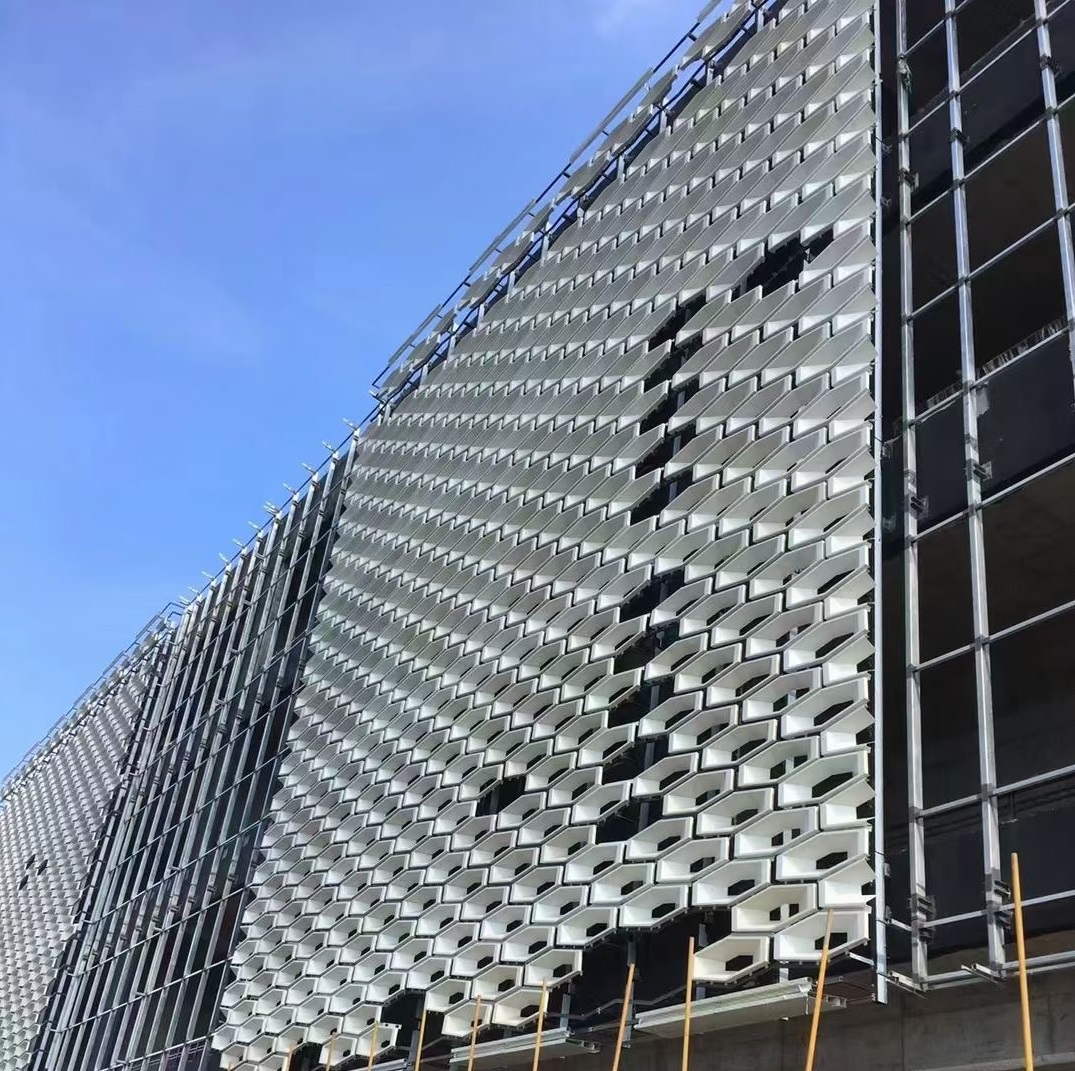
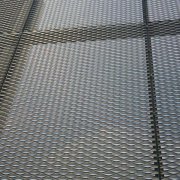
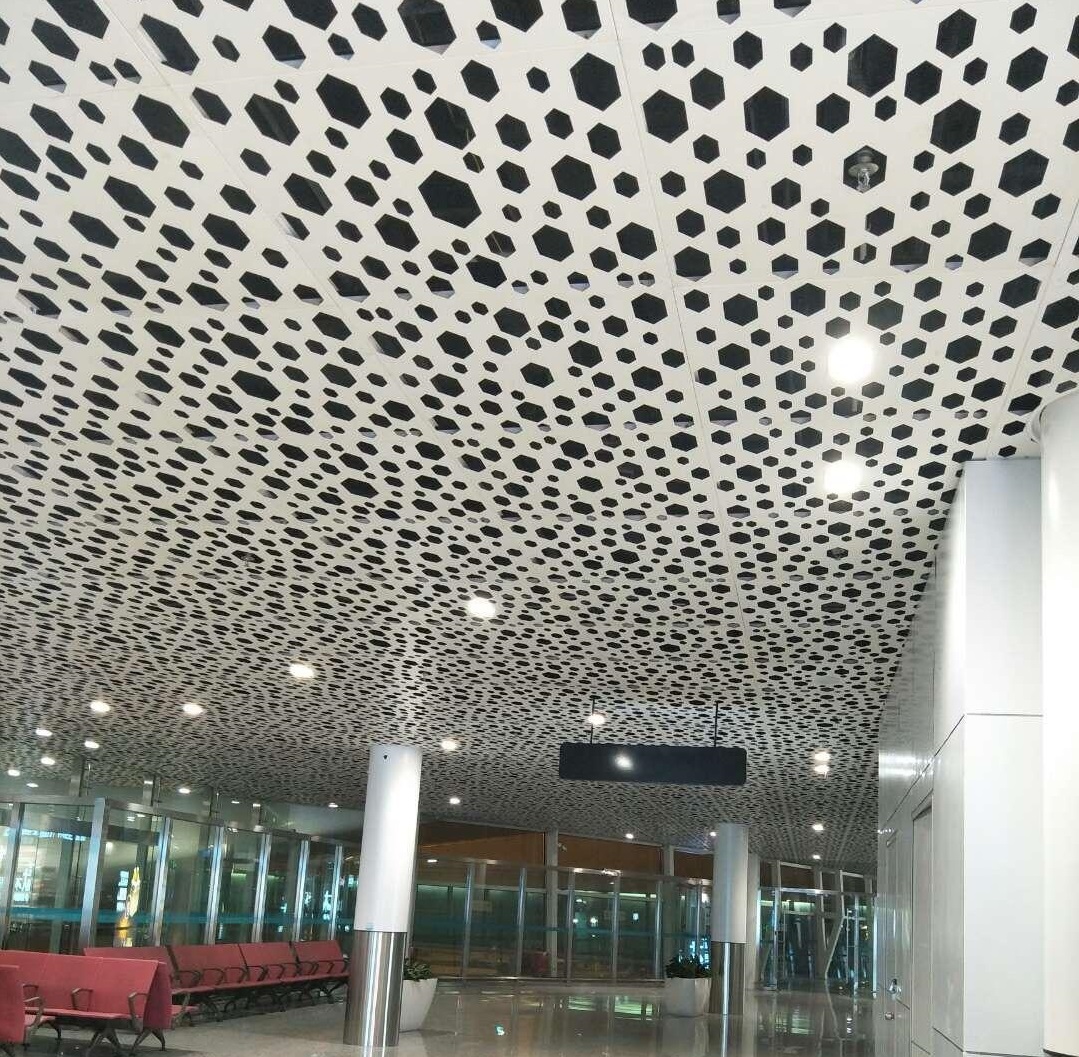
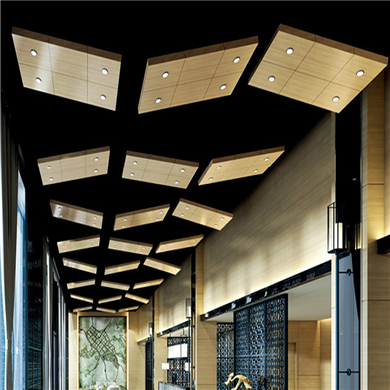
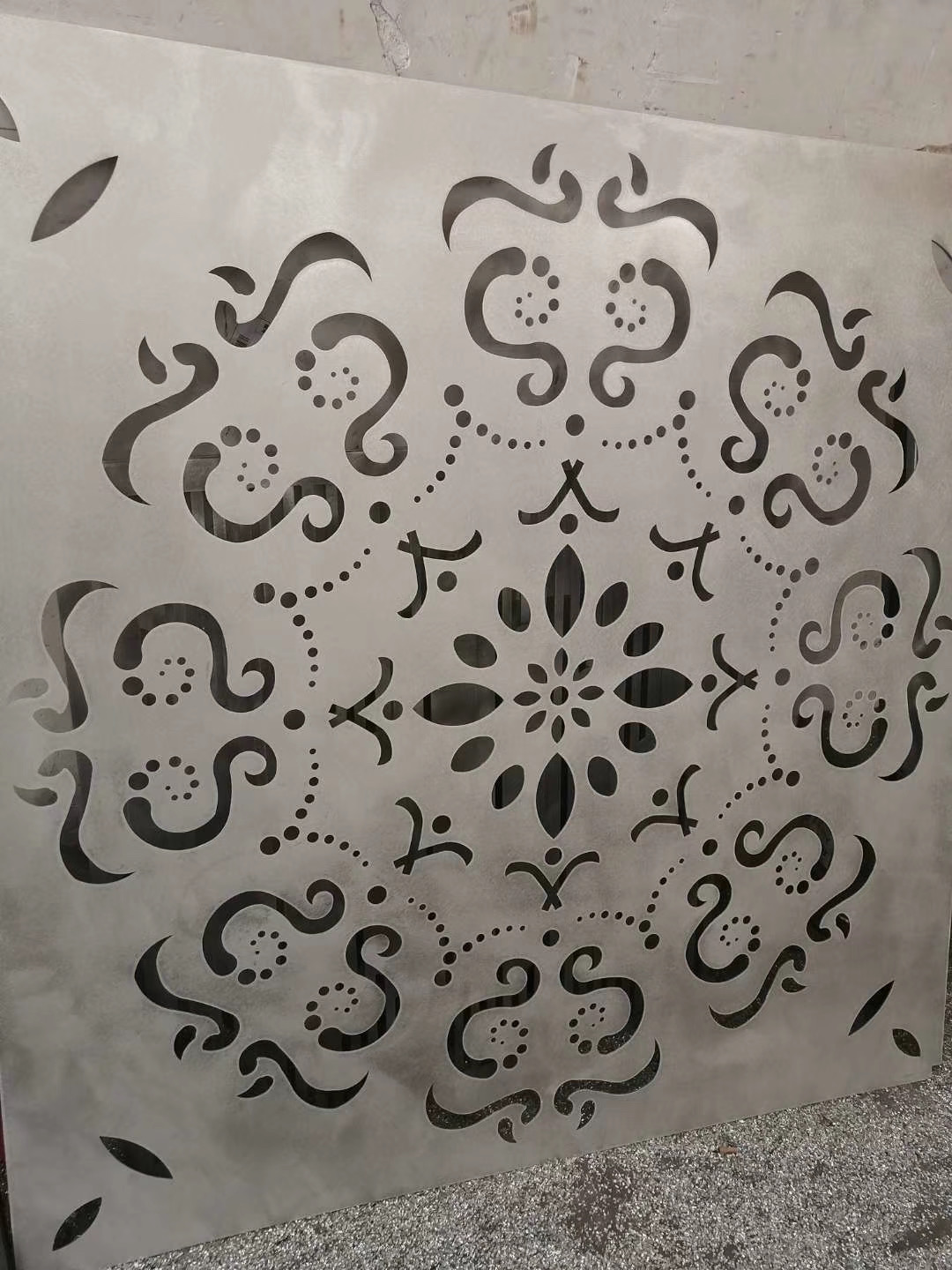
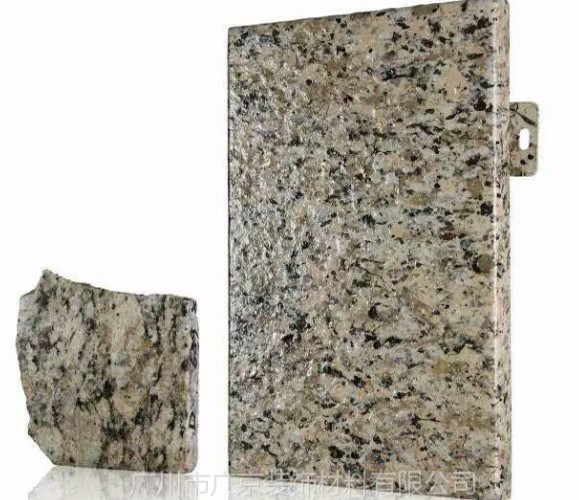
 Customer service QQ
Customer service QQ